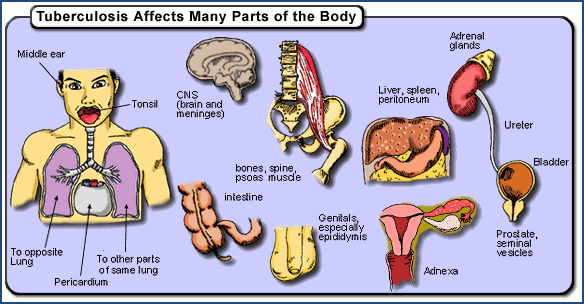Recent figures suggest asthma affects approximately 7% of US adults. Acute severe asthma is the eighth most common reason for admission to a UK ICU, accounting for approximately 2,000 patient admissions per annum. Invasive pulmonary aspergillosis (IPA) is increasingly recognized in immunocompetent critically ill patients as a reason for intensive care admission and as a cause of ventilator-associated pneumonia.
Approximately 4% of critically ill patients develop IPA with an associated mortality of nearly 80%. The risk of developing IPA remains highest among patients with neutropenia, hematologic malignancy, or following either bone marrow or solid organ transplantation. However, COPD, systemic corticosteroids, chronic kidney or liver disease, and diabetes mellitus have also been identified as risk factors for critically ill patients developing IPA.
Respiratory diseases account for the underlying diagnosis in 9% of patients with IPA. Despite acute severe asthma being so widespread, complication with IPA is rarely reported.
Corticosteroids are an important risk factor for developing IPA. In vitro studies suggest that the growth of Aspergillus species is enhanced by the presence of hydrocortisone, while a complementary reduction in the fungicidal effects of alveolar macrophages is also seen.
Data from patients following bone marrow transplantation suggest that the risk of IPA occurs with dosages of >1 mg/kg/d prednisolone for >21 days. The risk of IPA is significantly increased in patients following renal transplant taking > 1.25 mg/kg/d of prednisolone. Critically ill patients with Aspergillus in their respiratory tract secretions who develop IPA have significantly longer exposure to corticosteroids compared with those who do not develop IPA.
Data from patients with IPA following hematopoietic stem cell transplantation on a dose of >2 mg/kg/d prednisolone at the time of diagnosis is associated with a significant increased risk of death. Although relatively high doses of corticosteroids are usually associated with IPA, it is also seen in patients on inhaled corticosteroids. The combination of respiratory disease and corticosteroids appears to increase the risk of developing IPA.
Physiologic changes that occur during critical illness increase the risk of developing IPA. Disruption of the mechanical barriers that protect the respiratory tract from infection, such as the cilial escalator, commonly occurs. Monocytes, a key cellular component in the defense against Aspergillus infection, exhibit impaired function during the compensatory hypoinflammatory state that follows the marked systemic inflammatory response of sepsis.

No comments:
Post a Comment